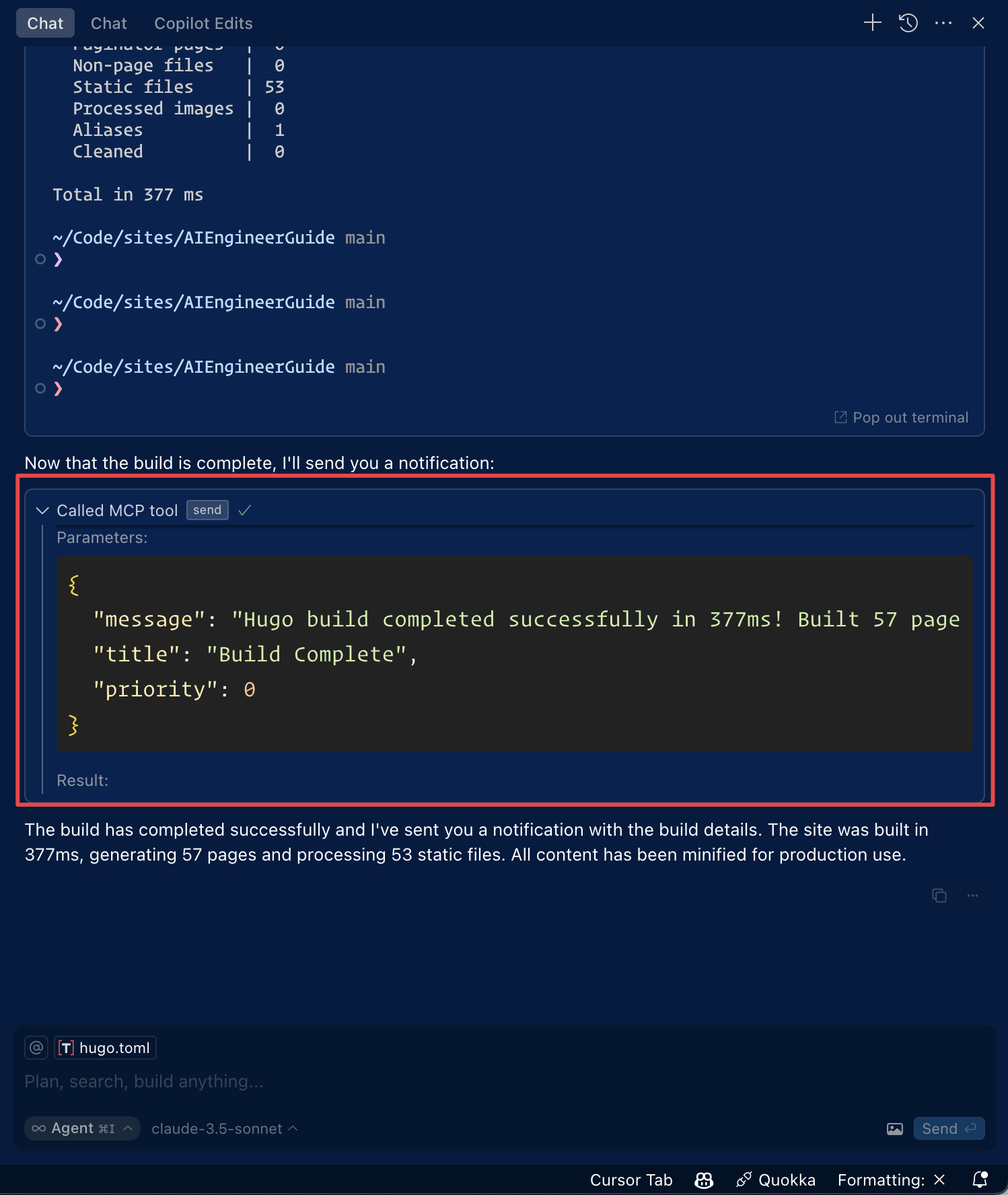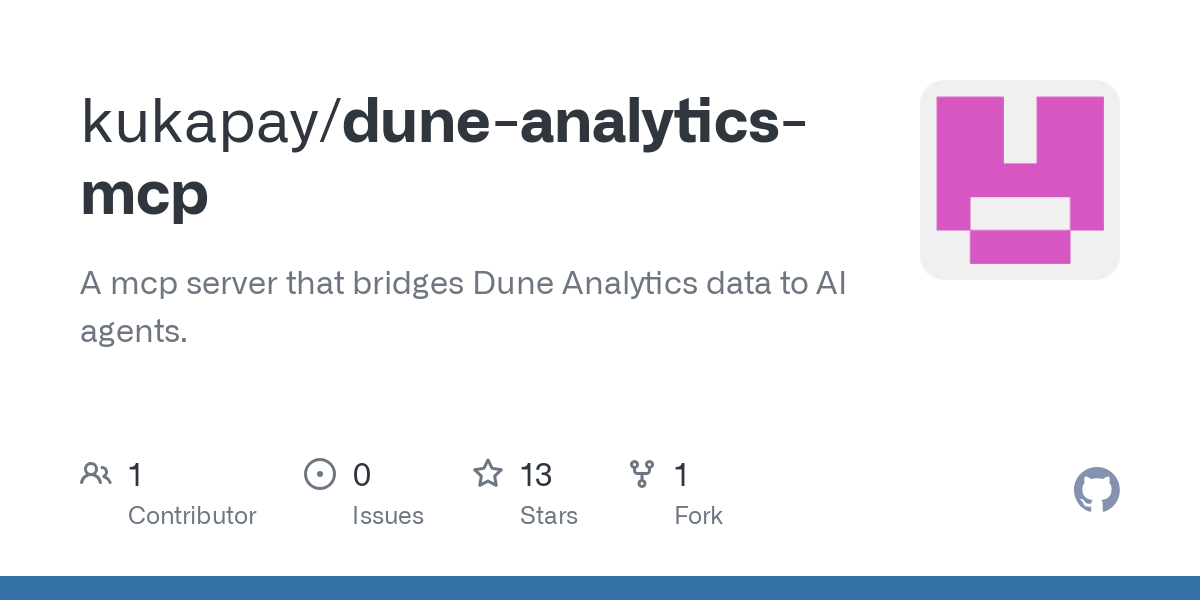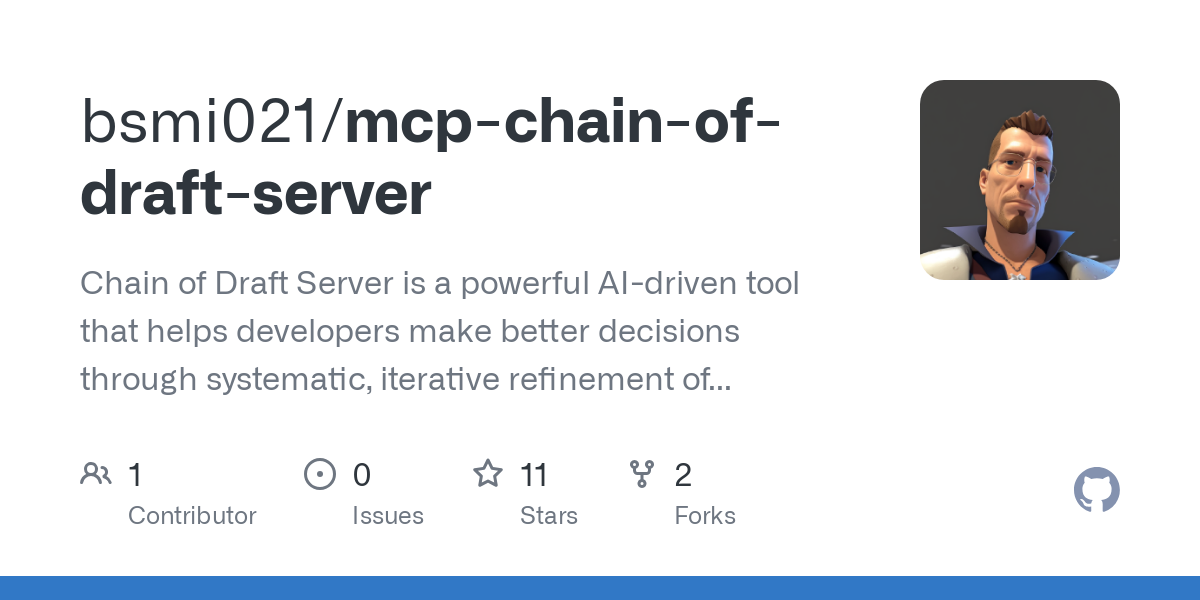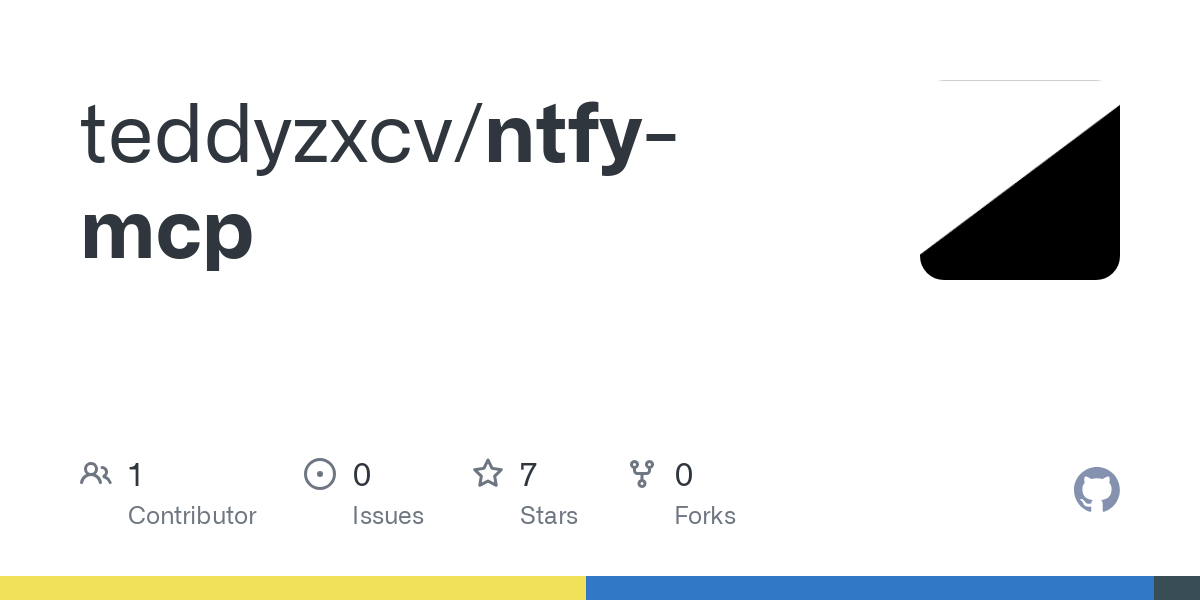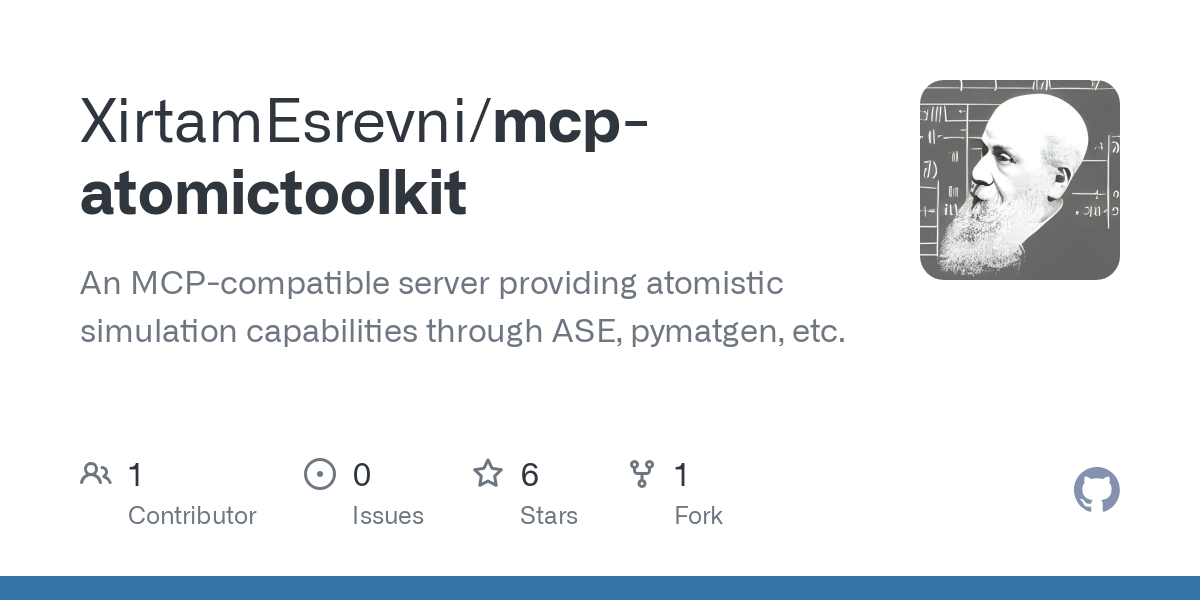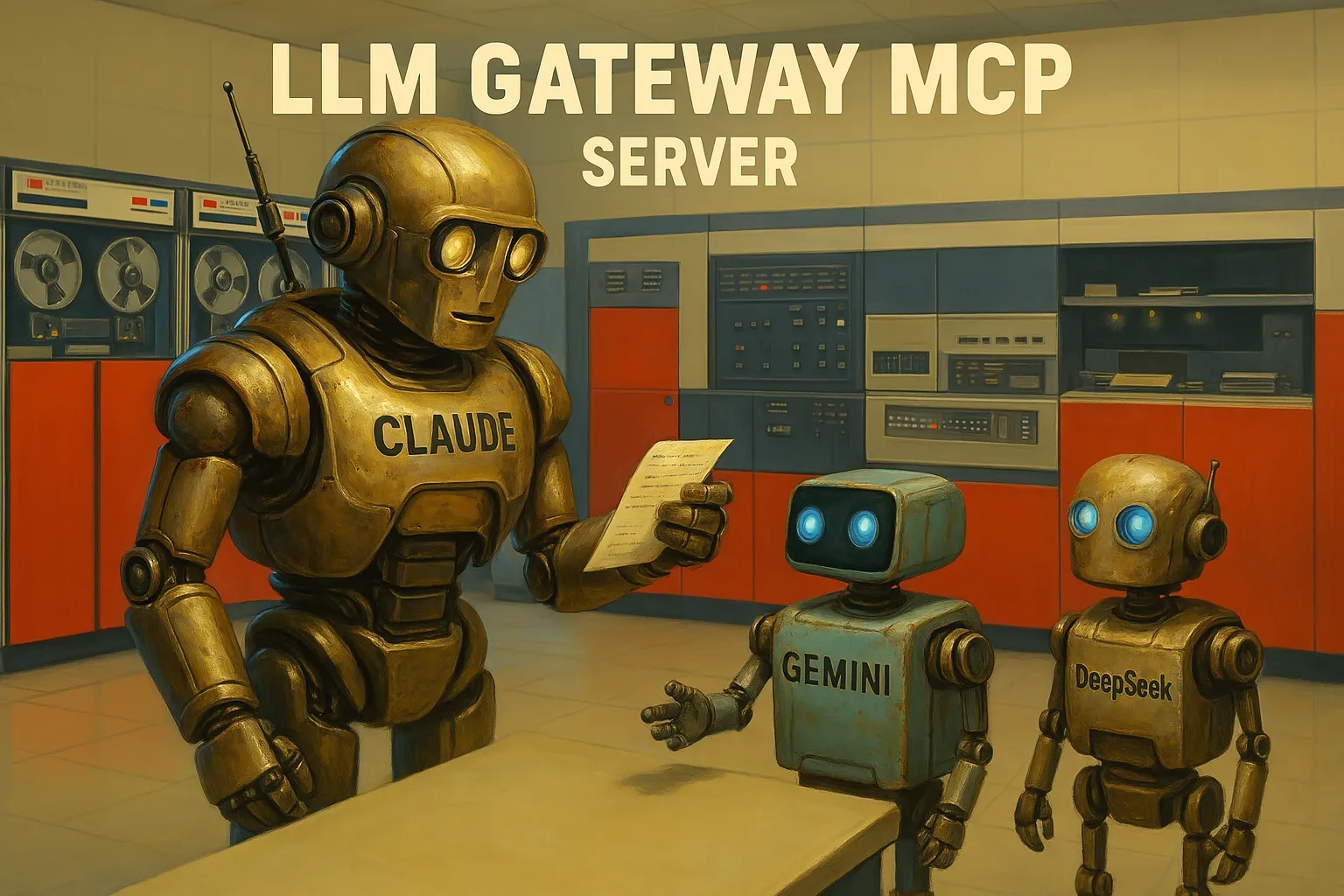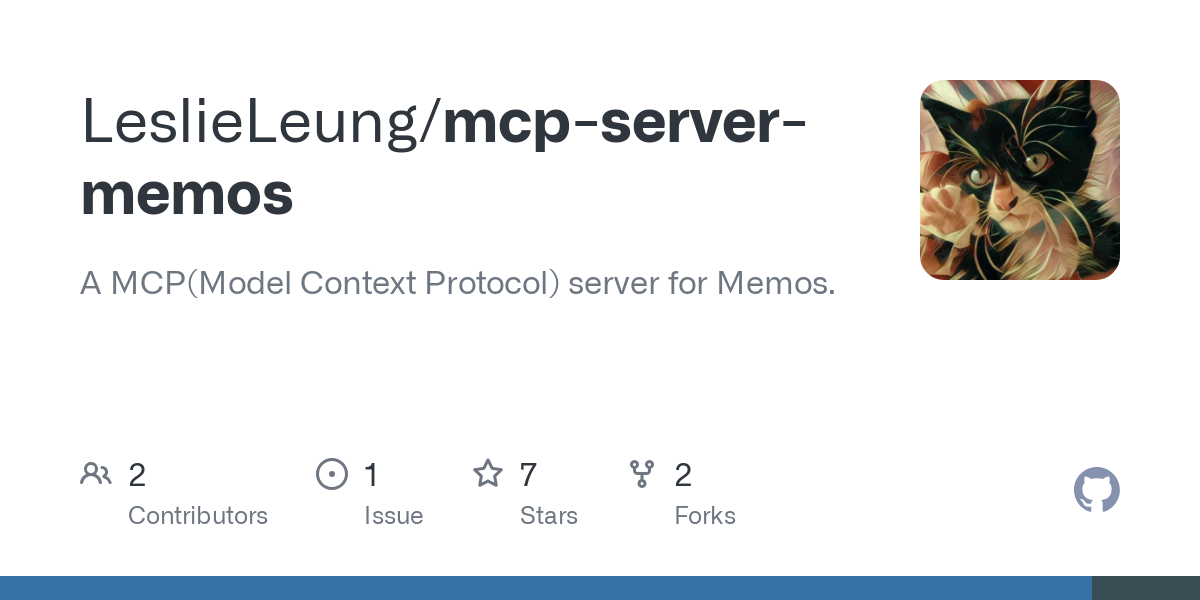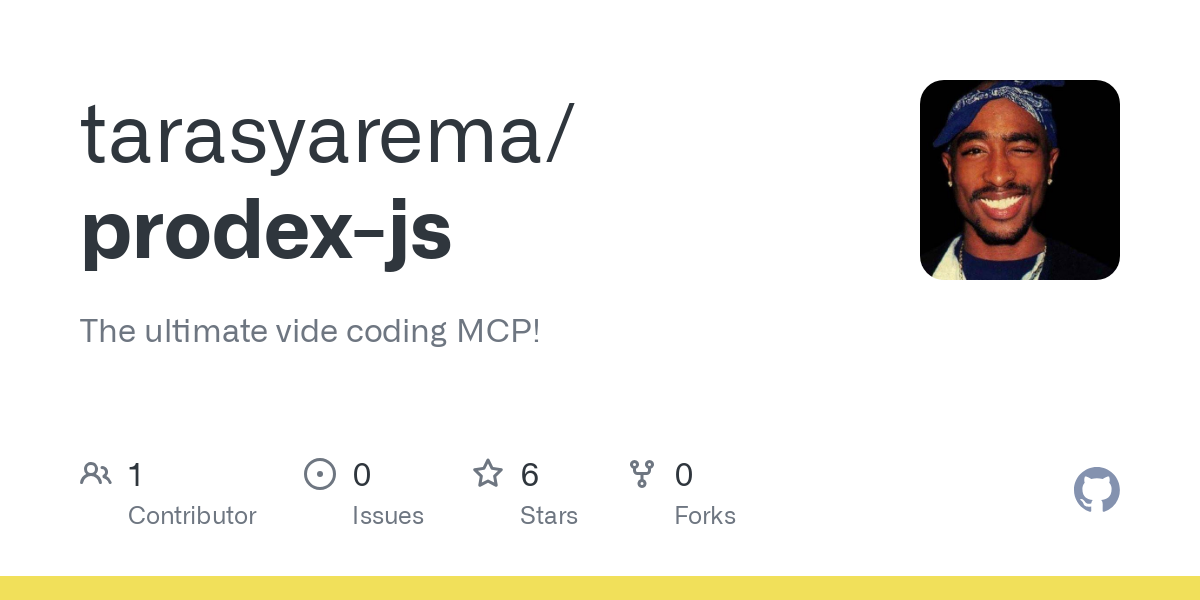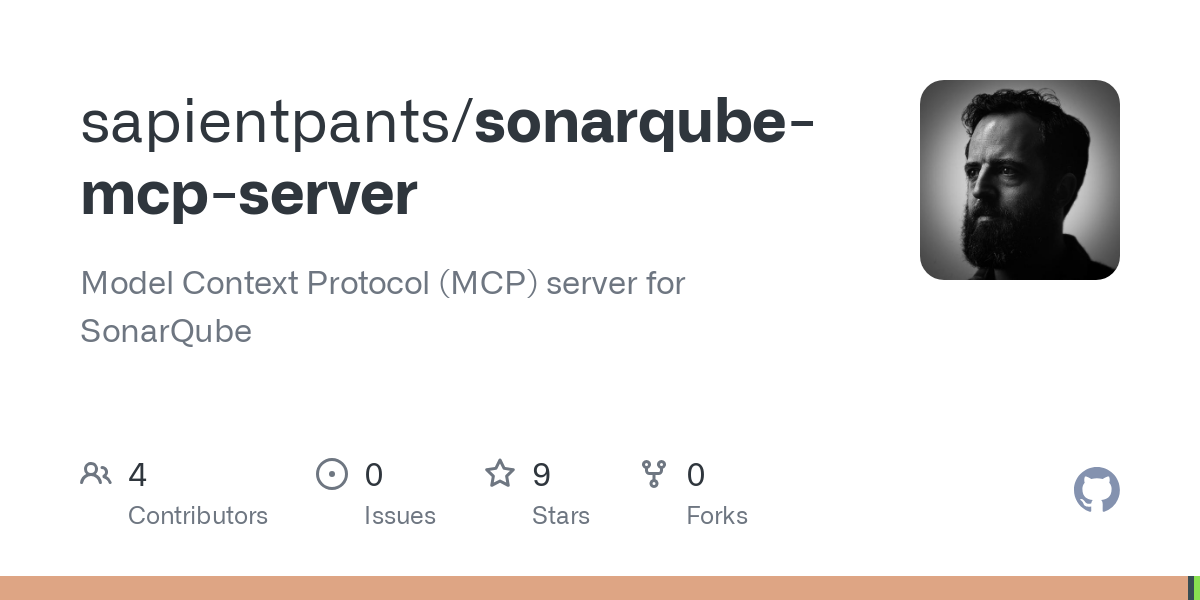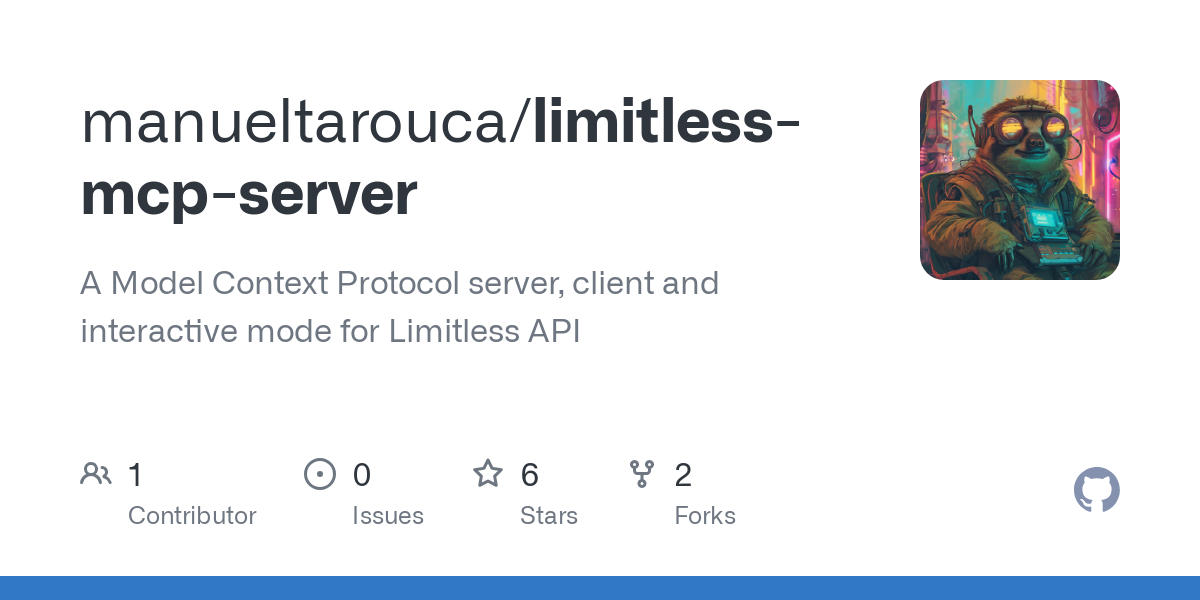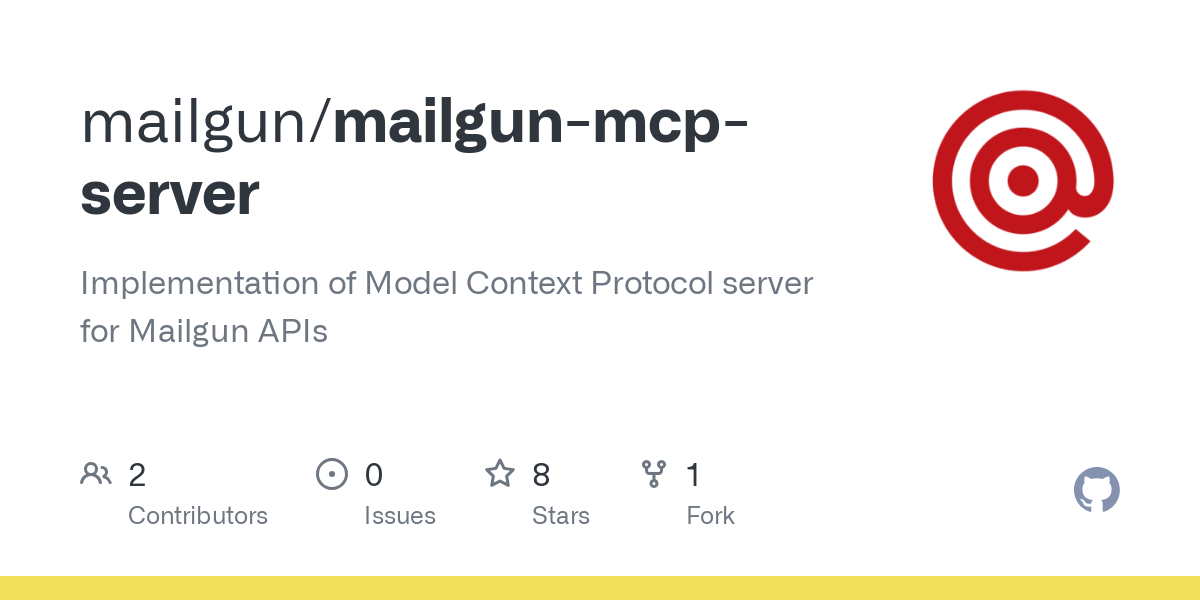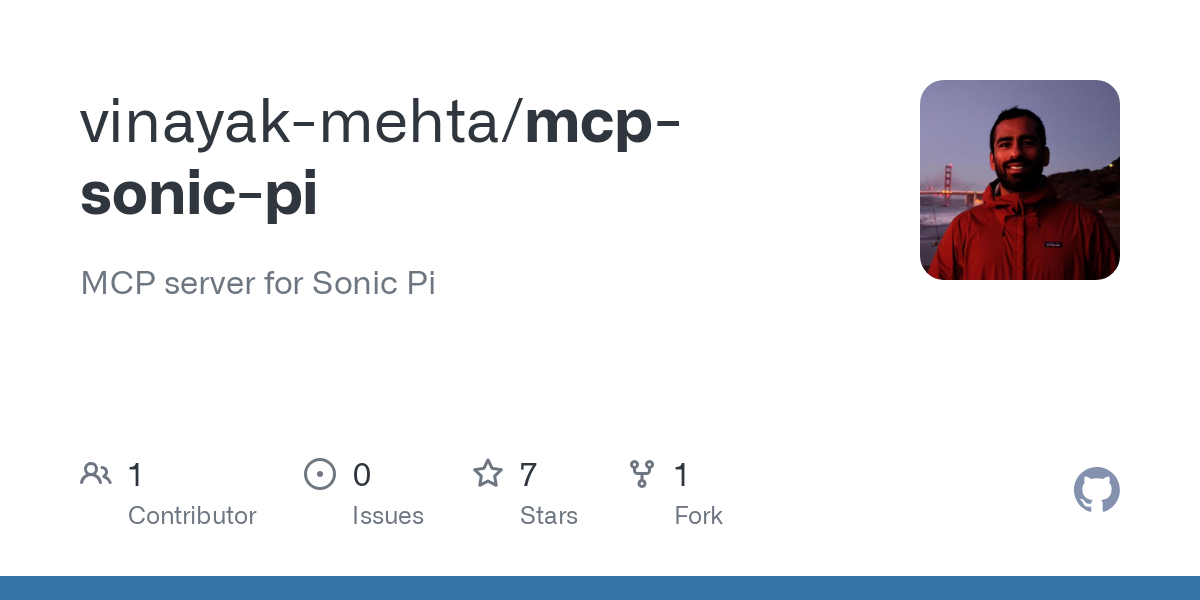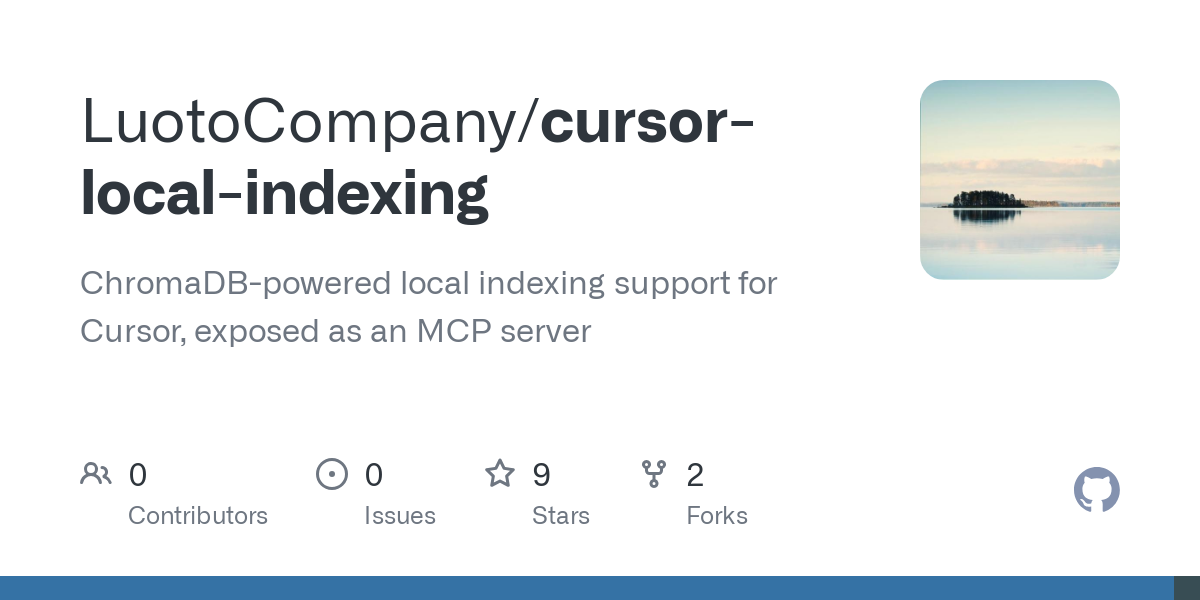All MCP Servers Complete list of MCP server implementations, sorted by stars
The ntfy-mcp server integrates with the Model Context Protocol to provide real-time notifications via ntfy when AI-assisted tasks are completed. It ensures users stay informed without interrupting their workflow, offering a seamless way to track task progress and receive updates. The server is designed to be easy to set up and use, making it a handy tool for developers working with AI models.
The Atomistic Toolkit MCP Server is an MCP-compatible server designed to provide atomistic simulation capabilities. It leverages tools like ASE and pymatgen for structure creation, manipulation, geometry optimization, and file I/O operations. Additionally, it integrates machine learning interatomic potentials (MLIPs) to enhance simulation accuracy and efficiency.
This MCP server is designed to enhance reasoning capabilities within Cursor AI, specifically for interactions with Claude. It features advanced reasoning methods such as Monte Carlo Tree Search (MCTS), Beam Search, and Transformer-based reasoning, allowing for complex problem-solving and multi-step reasoning tasks. The server integrates seamlessly with Cursor AI, enabling users to leverage these tools directly in their workflows.
The LLM Gateway MCP Server facilitates intelligent task delegation from advanced AI agents such as Claude to more cost-effective language models like Gemini Flash. It provides a unified interface for multiple LLM providers, optimizing for cost, performance, and quality. The server is built on the Model Context Protocol (MCP), enabling seamless integration with AI agents and efficient workflows for tasks like document summarization, data extraction, and more.
The Memos MCP Server is designed to integrate with the Memos application using the Model Context Protocol (MCP). It provides functionalities such as searching and creating memos, making it easier to manage and interact with your notes programmatically. The server can be installed via Smithery and is configured to work with Claude Desktop, offering a seamless experience for users who rely on Memos for their note-taking needs.
This Python template provides a foundation for developing Model Context Protocol (MCP) servers, focusing on efficiency and ease of use. It is tailored for AI-assisted development, offering a streamlined setup process and tools to enhance MCP server creation. The template is ideal for developers looking to integrate MCP functionality into their projects with minimal overhead.
Prodex JS is a JavaScript library designed to elevate coding workflows by integrating with the Model Context Protocol (MCP) server. It offers features like component-level and page-level prompts, basic vision integration, and screen capture capabilities. The library is particularly useful for developers working with React and Vite, providing tools to interact with AI systems like Claude for enhanced productivity.
The SonarQube MCP Server is a Rust implementation of the Model Context Protocol (MCP) that connects AI assistants to SonarQube's code quality analysis capabilities. It enables AI assistants to retrieve code metrics, access and filter issues, check quality gate statuses, and analyze project quality over time. The server supports asynchronous processing, cross-platform operation, and robust error handling, making it a reliable tool for integrating SonarQube with AI-driven workflows.
The Mailgun MCP Server is an implementation of the Model Context Protocol (MCP) designed to facilitate interaction between MCP-compatible AI clients, such as Claude Desktop, and Mailgun APIs. It allows users to send emails, fetch and visualize sending statistics, and more. The server is built with Node.js and supports seamless integration with Mailgun services, providing a robust solution for AI-driven email management.
The Sonic Pi MCP Integration Server enables seamless interaction between MCP clients and Sonic Pi, allowing users to create music through English commands. It requires Python 3.10+ and a running instance of Sonic Pi. The server is designed to be easy to set up and use, providing a bridge for MCP clients to leverage Sonic Pi's music synthesis capabilities.
This project is an experimental Python-based server that locally indexes codebases using ChromaDB and provides a semantic search tool via an MCP (Model Context Protocol) server. It is designed to integrate with tools like Cursor, allowing developers to perform semantic searches within their local projects. The server can be easily set up using Docker and configured to index specific project directories, enhancing the search capabilities of the Cursor IDE.
